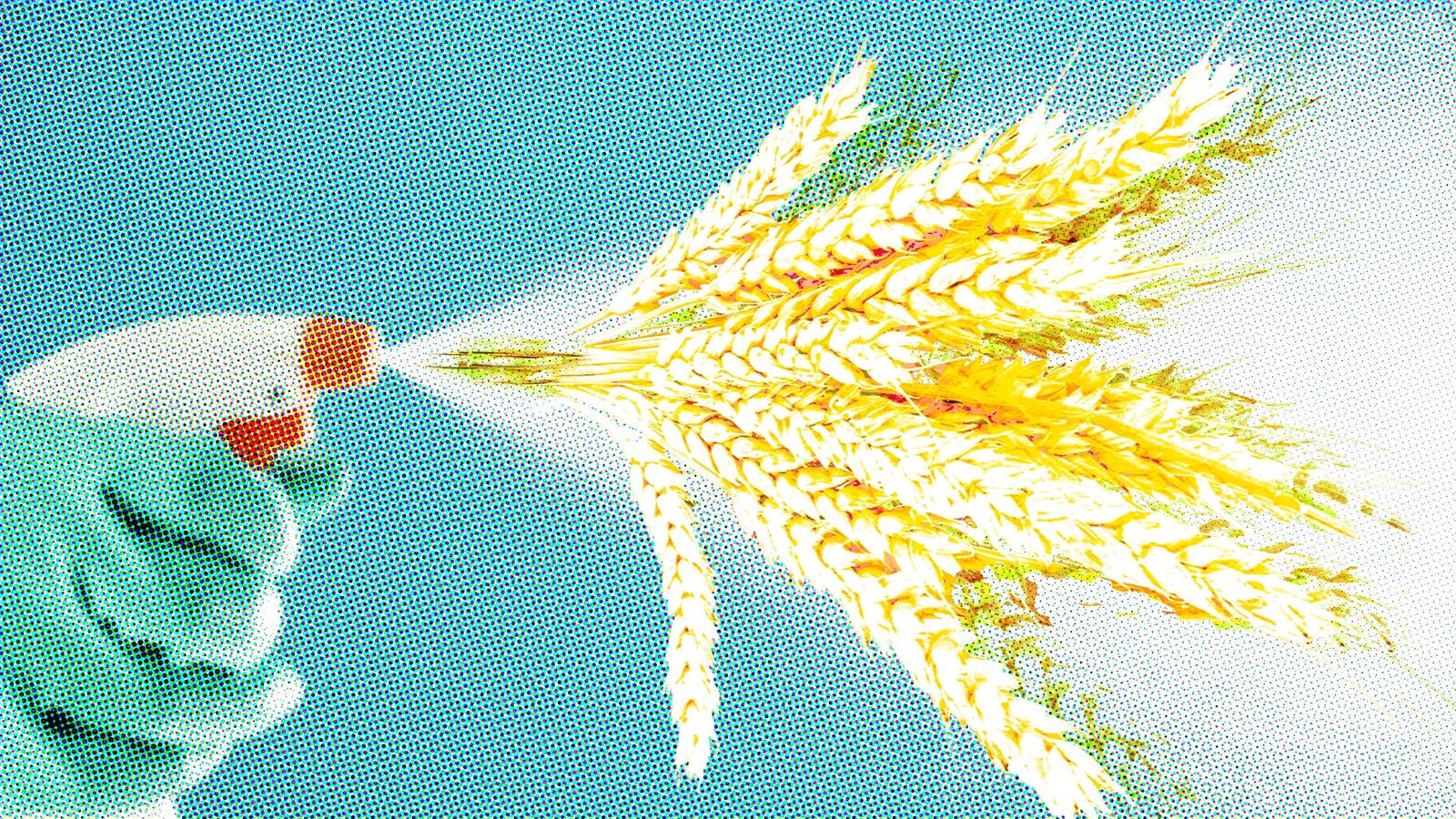I may as well begin by admitting that I was wrong. Best to get it out of the way as soon as possible, I suppose.
Several days ago while traveling with my family, I went shopping for a few necessary items. Among the things we needed was soap, and as I scanned the offerings on the shelf I came across a bar with all manner of reassuring bits of information on its box. In addition to not having been tested on animals and being 100 percent vegan, it was free of various nasty ingredients like parabens and phthalates.
It was also gluten-free.
The idea of a soap being advertised as gluten-free struck me as ludicrous—roughly on par with a shampoo proclaiming to be low fat. Soaps being non-food items and gluten being a potentially problematic component found only in certain grains, it seemed wholly unnecessary to stipulate that the former was free of the latter. I found the whole idea so preposterous I even Tweeted about it.
My skepticism wasn’t wholly unfounded. While ingesting gluten (typically from eating foods containing wheat, barley or rye) can cause serious inflammation in the intestines of patients with celiac disease, millions more Americans perceive that they will derive some benefit from limiting or eliminating gluten from their diet. The scientific basis for blaming any number of vague symptoms on gluten is shaky at best, but that hasn’t stopped purveyors of products that do not and have never contained gluten from exploiting the fad and slapping a “gluten-free!” label on the packaging.
Into this category I tossed gluten-free soap. You’re not meant to eat it, and it’s not made from wheat. Consumers need look for gluten-free soap no more than they seek out unleaded mouthwash, and there was nothing but marketing to explain otherwise.
Except it turns out that the answer isn’t quite that simple. While I am no more convinced about vague skin complaints being any more validly linked to gluten in non-celiac patients than any other symptoms, several people responded to my Tweet by noting that those with the disease really may benefit from avoiding gluten even in personal care items.
While most soaps, washes, and cosmetics aren’t made with grain or grain derivatives and are thus gluten-free by definition, every so often one contains a problematic ingredient for celiac patients. Upon learning that my very own celiac-diseased editor had, on the advice of her gastroenterologist, improved significantly when she changed her shampoo, I scanned the bottles in my bathroom. Lo and behold, hydrolyzed wheat protein showed up in some shampoo and conditioner I had in my own house.
According to Dr. Dascha Weir, associate director of the Celiac Disease Program at Boston Children’s Hospital, patients may need to be more careful than I had glibly assumed. “It is important to know that gluten is not absorbed through the skin,” she wrote in response to my questions. “But even small amounts can be harmful to a person with celiac disease if ingested. Children frequently put their hands and fingers in their mouth. Adults and teenagers probably do more that we realize.”
Though Dr. Weir does not caution patients that they need to find products that specifically carry a “gluten-free” label, she does recommend due attention to ingredient lists. My own informal survey of the products on the shelf at my local supermarket indicates that the vast majority lack components that would cause trouble for celiac patients.
“For patients with celiac disease, gluten in soaps and cosmetics/body products are lower risk than cross contamination of gluten in food products,” she continued. “Nonetheless, they can be problematic for some patients and we generally recommend avoiding them.” Unsurprisingly given where they’re used, she advises particular vigilance for lip-related products.
So, gluten-free labels on soaps: not strictly necessary, but also not as ridiculous as I’d first thought.
But what about dish detergents? As I learned from one reply on Twitter, you can even find those words on bottles of Seventh Generation dish soap. (It is also, as far as I can tell, the only manufacturer to list the ingredients on such products at all.) Do they contain anything useful for celiac patients?
Not so much, it turns out. According to Karen Warman, a celiac dietitian who works with Dr. Weir, “We do not feel it necessary to purchase gluten-free dish soaps.”
It turns out my informal shelf-scanning yielded reliable results, as Warman is not aware of any dish soaps that contain gluten in the first place. Further, she continued, “Dishes would be rinsed after the soup was used, so it is very unlikely that enough residual gluten would be left on the dish even if it has gluten in it.”
My suspicion that at least one “gluten-free” product is riding the marketing train emerges intact.
I remain unshaken in my belief that, for many people, eating gluten free is merely participating in yet another food fad. They don’t need gluten-free soaps any more than I do. But it turns out that patients with celiac disease actually might, and I was in error when I suggested otherwise.






